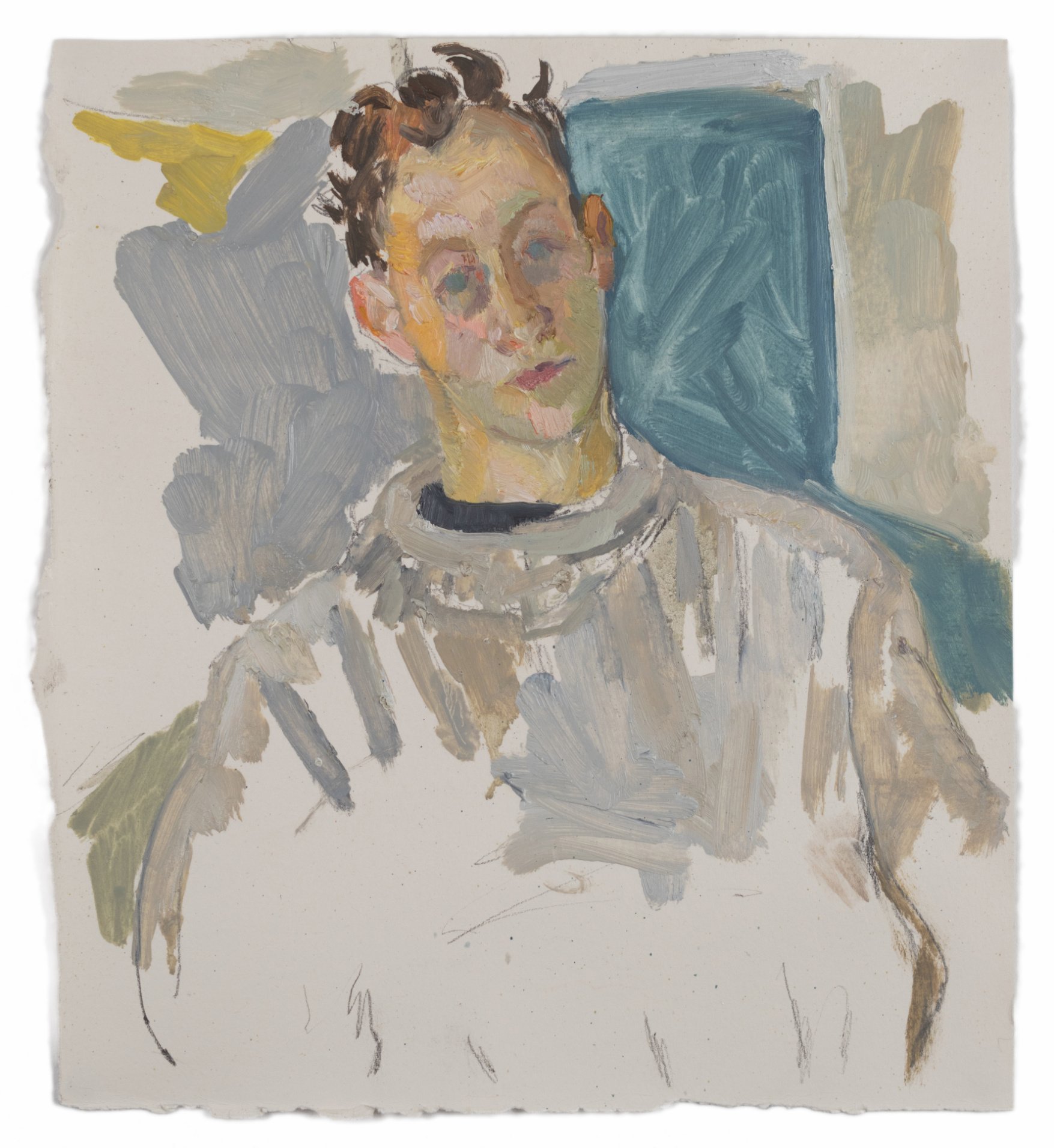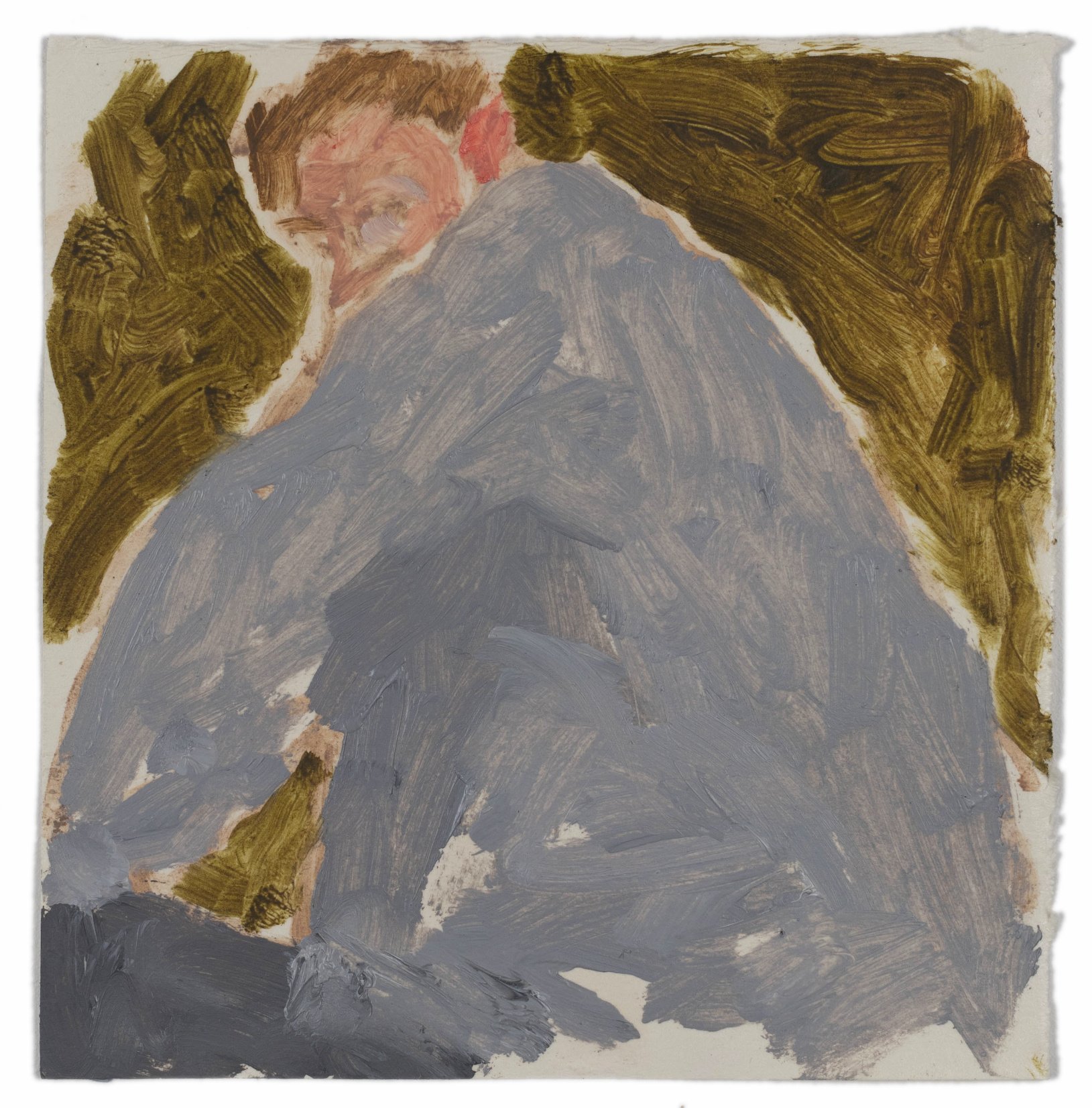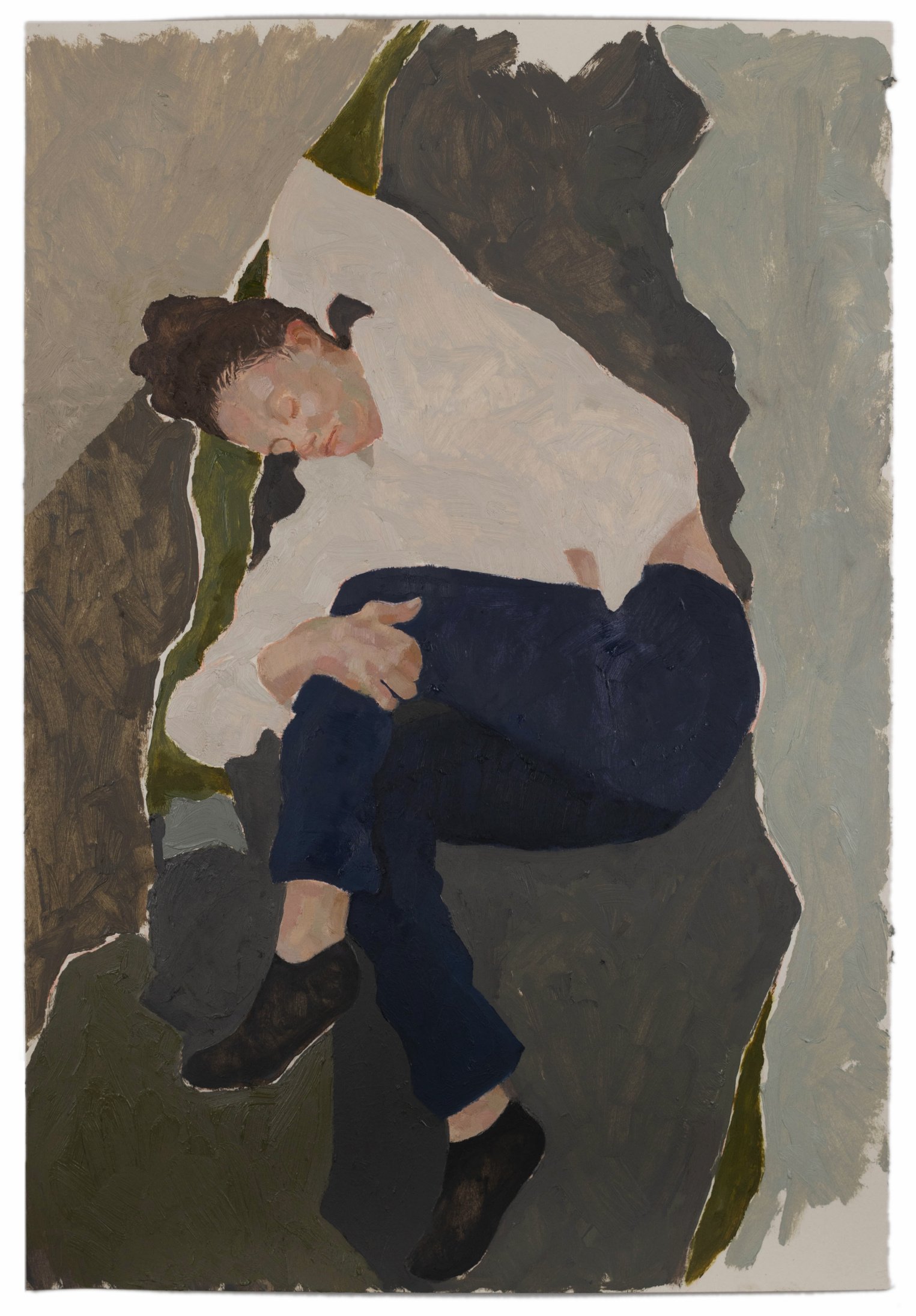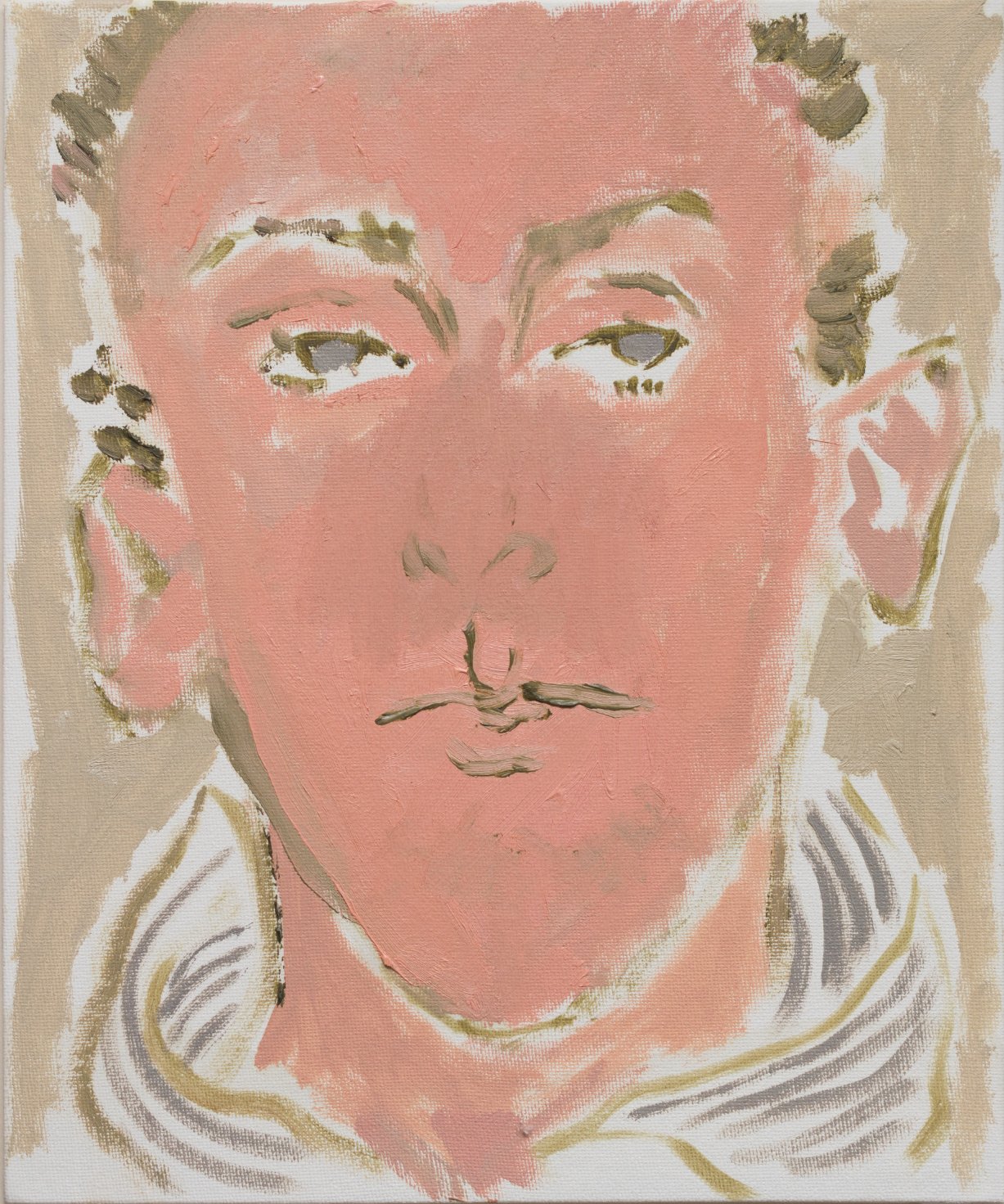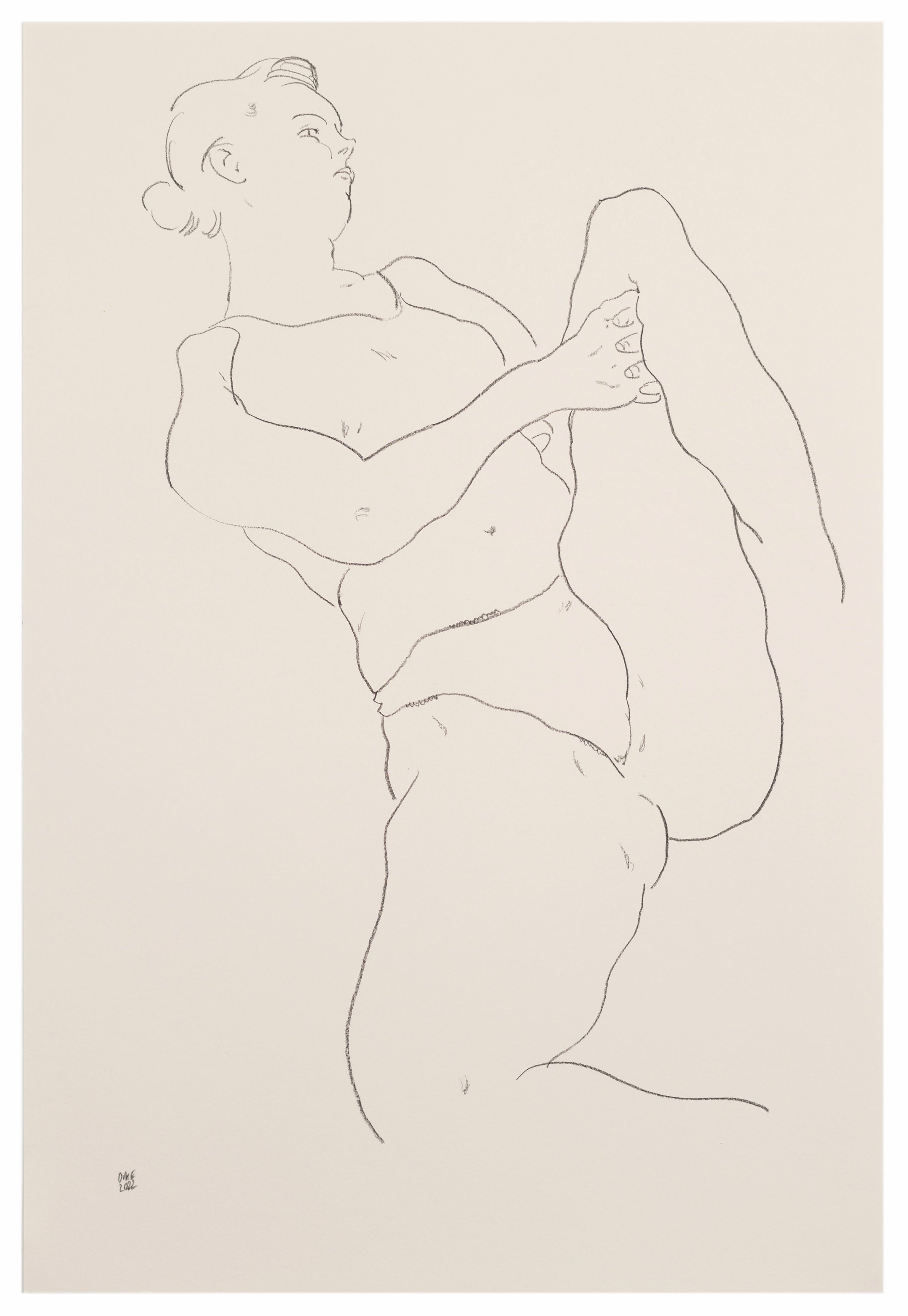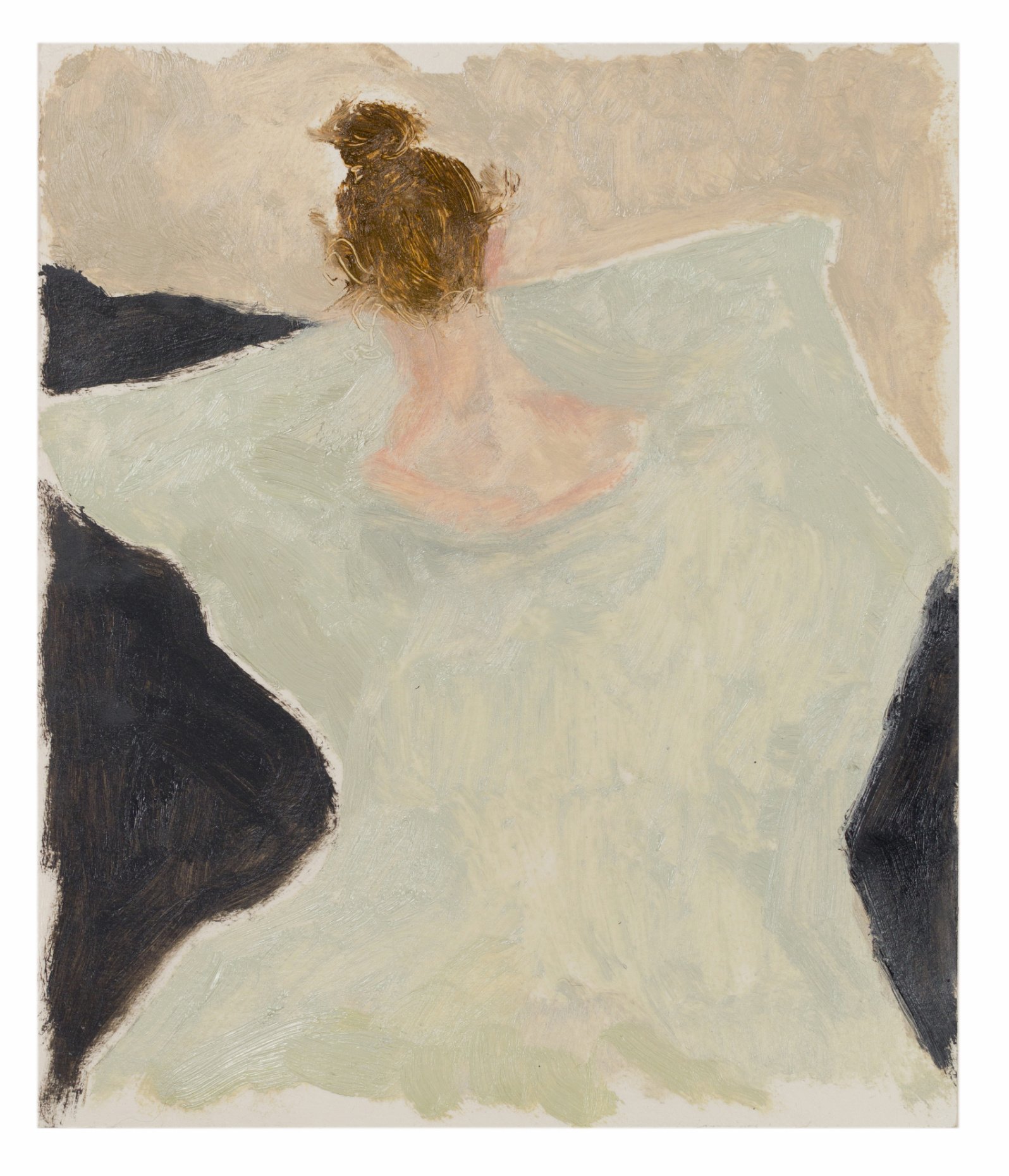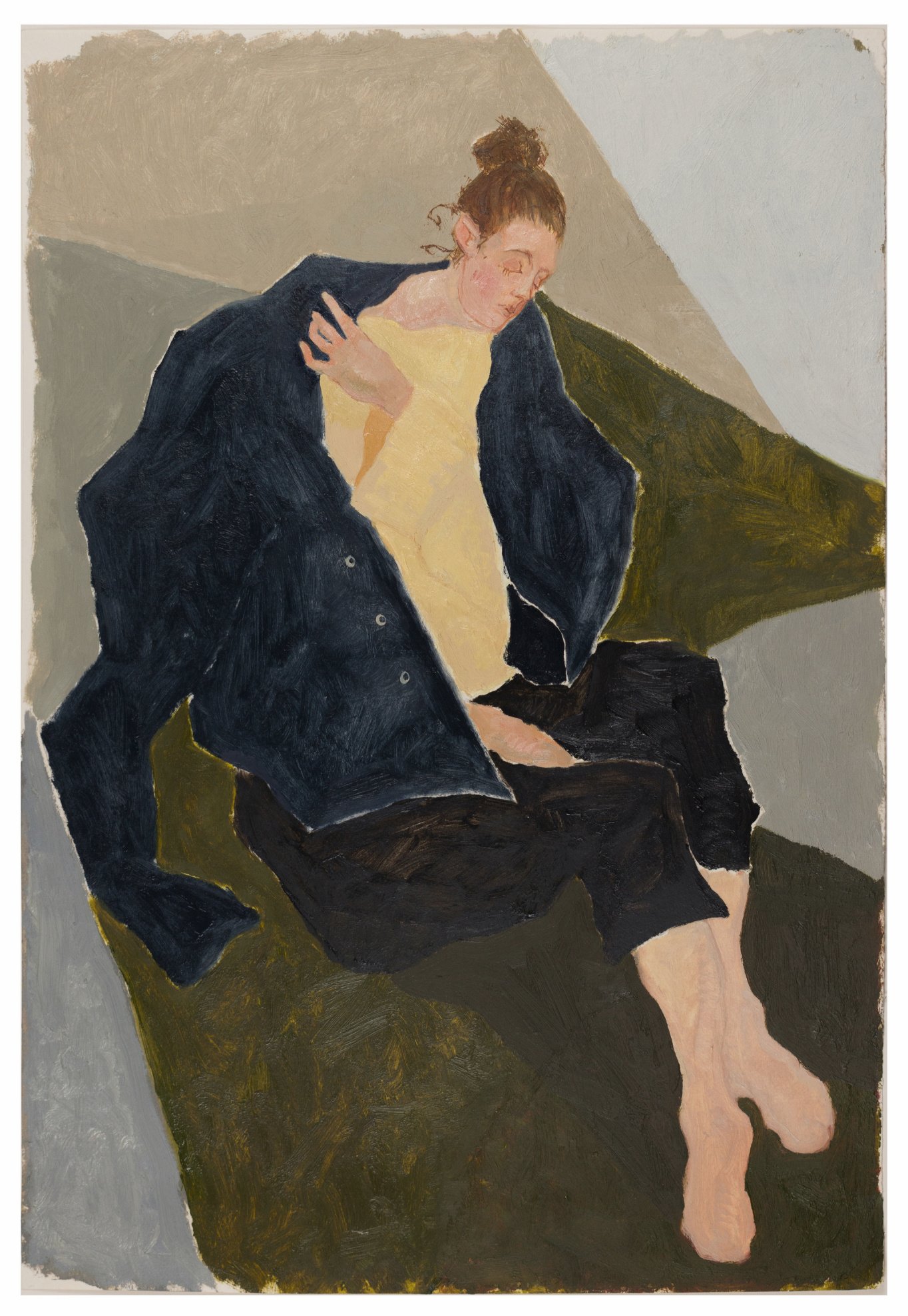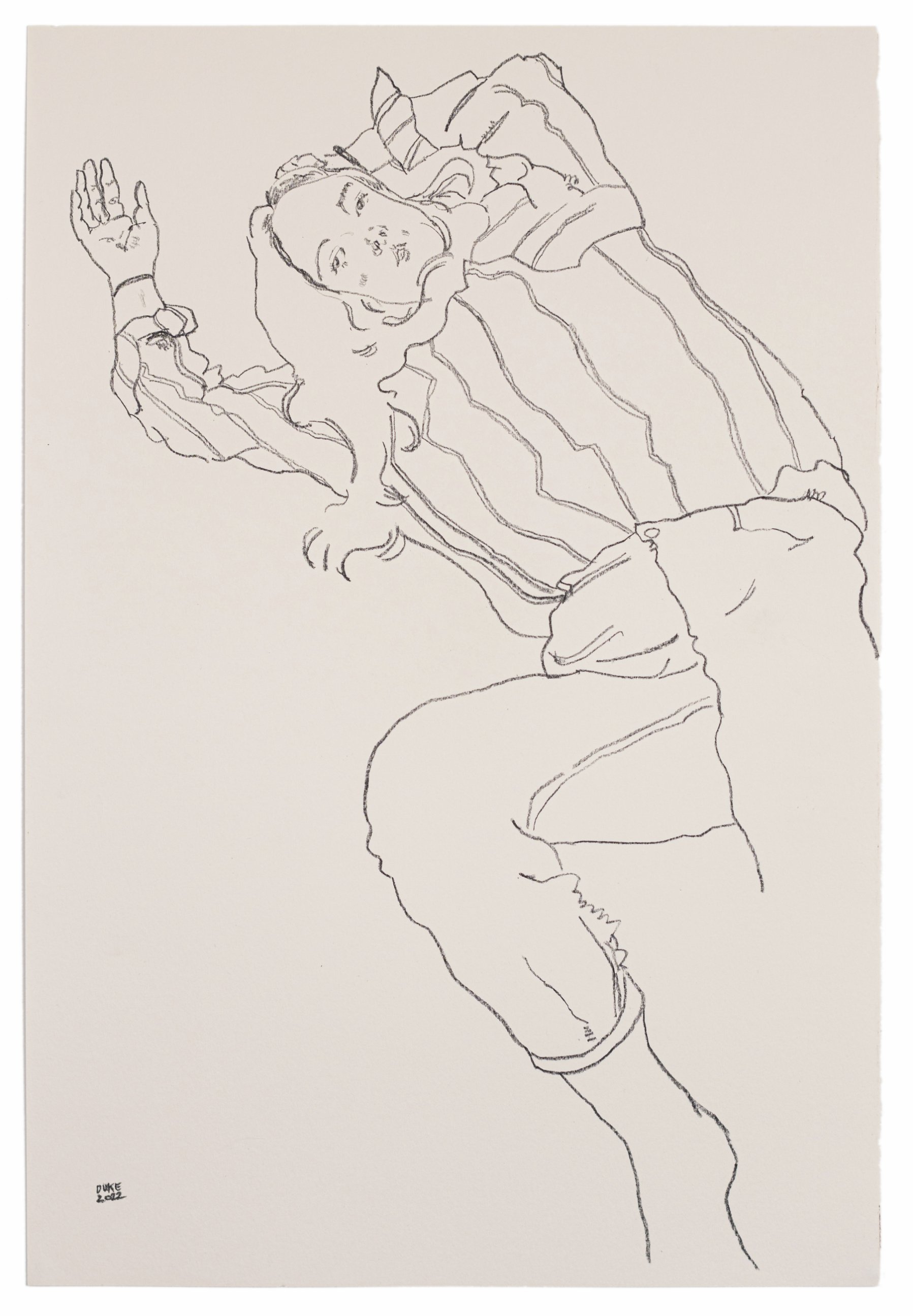ARTIST INTERVIEW: Shaun Duke
Please can you give me an introduction about yourself
I'm an artist currently based in Sheffield, UK. I studied Interactive Arts at Manchester School of Art in 2011, creating a lot of interactive audio-visual and sound art installations before returning to a more traditional practice around 2016. I've recently exhibited some pieces in group shows in London and Wales and have been lucky enough to win a couple of awards!
What inspired you to draw & paint?
I've always drawn in some capacity, but it was actually during my time studying art that I produced the least amount of it. I'm sure this resonates with a lot of current art students/critical theory head-scratchers (even if they don't know it yet). After graduating and having a bit of a break from all that, I felt I needed to return to a more tactile approach and attend some life drawing sessions. I ended up attending regularly for around three years, eventually setting up a studio so that I could take my time in developing my ideas more fully.
I love looking at paintings and the idea of painting, but most of the time when I'm actually painting, so much is going wrong and there's such a mess everywhere, that I wonder what inspired such a silly thought as well!
Do you draw/paint from life or do you use photos?
I always draw from life and start paintings from drawings. I've found that I really love the way that a drawing, however inaccurate it may be, gives me a feel of time and nowness, like I've seen it being made - I find that really hard to achieve with painting, in which you might get an idea of how long something took or how clever a technique is, but rarely that sense that it was finished five minutes ago. I'm always impressed by a painting that manages to do that and it's something I'm constantly working on.
When did you develop your style? How long did it take you?
It's always developing subtly. The more work that gets produced, the more chances to figure out what I like and don't like, and how to get to those places more reliably. I actually started out somewhere closer to Giacometti before arriving where I am currently.
Describe your creative process; from start to finish of a painting. Where do you find your inspiration?
I tend to keep a small pocket-sized sketchbook with me and jot down ideas and notes for compositions or poses. It might be the shapes of someone's coat sleeves on a bus or a particular way that someone has slumped in their chair in a café, or a colour combination I like. For composition, I tend to draw shapes quickly without thinking too much, and then try to make a figure fit over the top one way or another. I'll show this scruffy book of madman's scribbles to an unsuspecting model and try to explain myself as best I can before making a bigger more presentable drawing. Such rubbish rarely actually works though, so collaborating with the sitter and having a conversation is key. Most of my better work is the result of a really relaxed hours-long chatting session with a bit of drawing thrown in. Often I'll find myself focusing on and exaggerating some aspect that I never intended to, and this will inform the next drawing in the series. I also tend to reduce the amount of clutter in the drawing, the more I know what it is that I want to say about the person or pose.
If I want to explore one of these drawings as a painting, I usually copy the drawing with charcoal if it's on canvas (a pale coloured pencil if it's on paper), and go back and make more detailed tonal drawings of specific aspects if needed. As for colour, I tend to start off with way too much and then reduce it until I'm happy. I try to use specific colour combinations as a starting point and shift everything else around that. For the painters, I basically use a Zorn palette with green umber and a few other colours for convenience.
I'll often paint in bursts, mostly after visiting an exhibition or discovering an artist, or it could be something as simple as buying a new paintbrush that I don't need.
What it is you want to say with your art?
For me, it's not a specific idea or message that I want to pass on, but rather a documentation of time shared with someone, the moments that interested me about that person, and the way they made me draw on that particular day. I find that a lot of formal portraiture made from photographs feels very false and staged, and I think that's because, in my mind at least, the moment isn't there anymore. It's for this reason that I never alter or continue working on a drawing after the session has ended.
What is your favourite piece of work and why?
Impossible! But the more intimate a piece feels, the more attached I tend to be to it.
How do you know when a piece of artwork is finished?
When I feel that if I did anything more to it I'd absolutely ruin it - so usually about two or three marks before that moment.
Who is your favourite artist and why? Do they have an influence on your work?
I don't have a definitive favourite but more favourites-in-category. For line drawings: Matisse, Warhol, a couple of Picassos in the 1920s, 1970s Hockney, Tangye and of course Schiele. For painting: Vanessa Bell, Freud, Klimt's later work, Vuillard, Mela Muter, Modersohn-Becker, Modigliani. Rodin in both categories (and the bonus sculpture category). They're just a few I could think of right now - the list is ever-growing and by no means comprehensive. I think each of them have had some sort of influence on my work, whether it's handling of mark making or a particular colour palette that I liked.
I tend to collect artist monographs and enjoy reading about the history and ideas that were being explored in certain movements and time periods. I sometimes note particularly captivating sentences/passages and keep them around the studio. Not that they inform my work necessarily, but more as an anchor point for if I'm feeling contextually lost. The notes might provide a starting point or a reminder of what I was getting at in the first place.
Why do you think art is important in society?
I think art acts as a powerful insight into the time in which it was made, revealing the motivations and identities of past cultures and eras. A social document that stands on its own and is enriched by further context, rather than something that needs to be decoded with a thickly-worded essay. If to understand a drawing, I need to know that the idiosyncratic motif manifests in a distinctively postmodern discourse, evincing a radical departure from traditional artistic norms, and a palimpsest of enigmatic signifiers congeal into a multifarious semiotic field, inviting a multiplicity of interpretative modalities, I think I'd rather stay in the dark about it!









